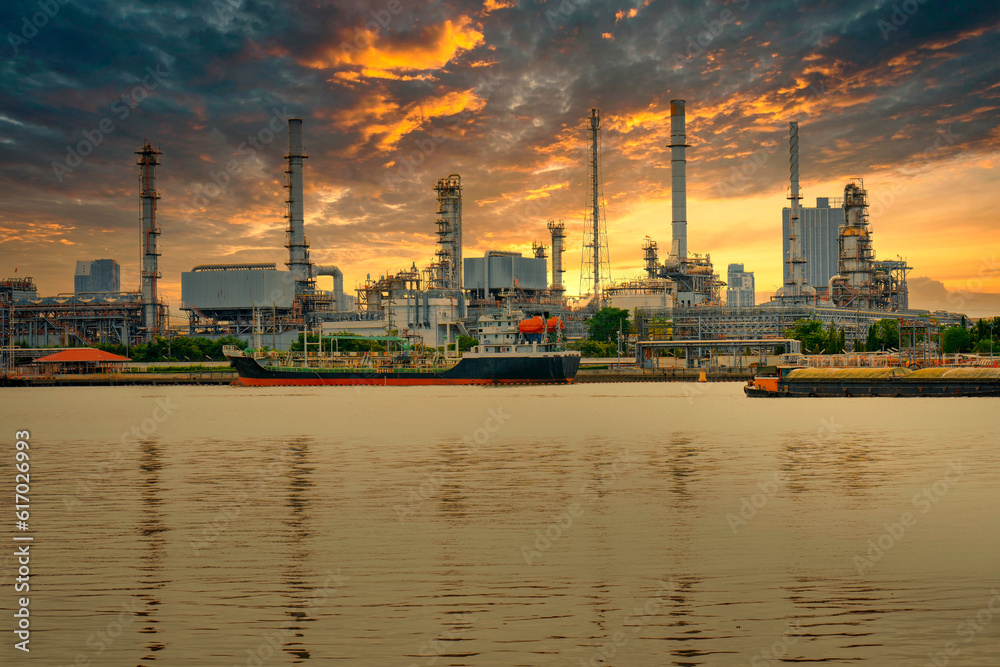Introduction:
Bangkok is more than just a cultural and tourist hotspot—it’s a booming industrial center driving Southeast Asia’s manufacturing and export industries. With strategically located export manufacturing factories and robust logistics systems, Bangkok-based facilities serve as the backbone of Thailand’s economy, producing and distributing goods to markets worldwide. In this blog post, we’ll explore the key features and benefits of Bangkok-based export manufacturing, factory locations, and logistics facilities that help Thailand maintain a stronghold in global trade.
1. Bangkok’s Strategic Location: A Hub for Export Manufacturing
Bangkok’s central location in Southeast Asia offers manufacturers easy access to neighboring ASEAN countries and broader markets in Asia, Europe, and the Americas. Export manufacturing factories in Bangkok capitalize on this advantage, benefiting from reduced shipping times and costs compared to inland locations. This strategic position makes it easier for factories to export goods efficiently, with options for air, sea, and road transport channels that connect to international markets.
2. Choosing the Right Factory Location in Bangkok
Setting up a factory in Bangkok is not only about geographic advantage—it’s about selecting the right location within the city. Many manufacturers opt for industrial zones that offer proximity to essential transport infrastructure, such as Bangkok’s Suvarnabhumi Airport or Laem Chabang Port. Industrial areas like Bang Phli and Lat Krabang are particularly popular among export manufacturers due to their logistics advantages, tax incentives, and access to skilled labor. Factories in these areas are often equipped to manage the high demands of global markets.
3. Modern Facilities and Advanced Technology for High-Quality Output
Bangkok-based export manufacturing factories are equipped with advanced technology and modern facilities, aligning with international standards to produce goods that meet global expectations. Automation, quality control processes, and eco-friendly practices are commonly adopted to improve efficiency and meet the demands of eco-conscious consumers. These modern facilities enable Bangkok’s factories to produce a diverse range of goods, including electronics, textiles, automotive parts, and food products.
4. Bangkok’s Logistics Advantage: Seamless Operations from Production to Export
Logistics factories in Bangkok play a pivotal role in bridging production and export. The city’s logistics infrastructure includes warehouses, distribution centers, and specialized logistics factories equipped to handle large volumes of goods efficiently. Many logistics facilities in Bangkok are strategically situated near transport hubs, making it easy for manufacturers to move goods from factory floors to international markets swiftly. Some of these logistics factories offer specialized services, such as cold chain logistics for temperature-sensitive products and real-time tracking systems for enhanced transparency.
5. Supportive Policies and Incentives for Export-Oriented Factories
The Thai government supports the growth of export manufacturing with various policies and incentives aimed at attracting foreign investment and boosting trade. These policies make Bangkok a preferred location for setting up manufacturing and logistics operations. Incentives often include tax breaks, streamlined licensing processes, and subsidies for factories that adopt green technologies. Such government support helps Bangkok-based factories stay competitive in the international market and encourages sustainable practices.
6. Challenges and Opportunities for Bangkok’s Manufacturing Industry
While Bangkok’s manufacturing and logistics sectors offer numerous advantages, they also face challenges. Increased global competition, the need for digital transformation, and rising expectations for sustainable practices can present obstacles. However, these challenges also bring opportunities. By investing in eco-friendly production, integrating AI in manufacturing processes, and leveraging Bangkok’s logistics strengths, factories can position themselves as leaders in both the local and global markets.
7. Conclusion: Bangkok—The Future of Export Manufacturing and Logistics in Thailand
Bangkok-based export manufacturing factories, strategically located with robust logistics support, are essential to Thailand’s economic landscape. With the city’s favorable location, modern facilities, and strong logistics network, Bangkok continues to thrive as a manufacturing powerhouse.
